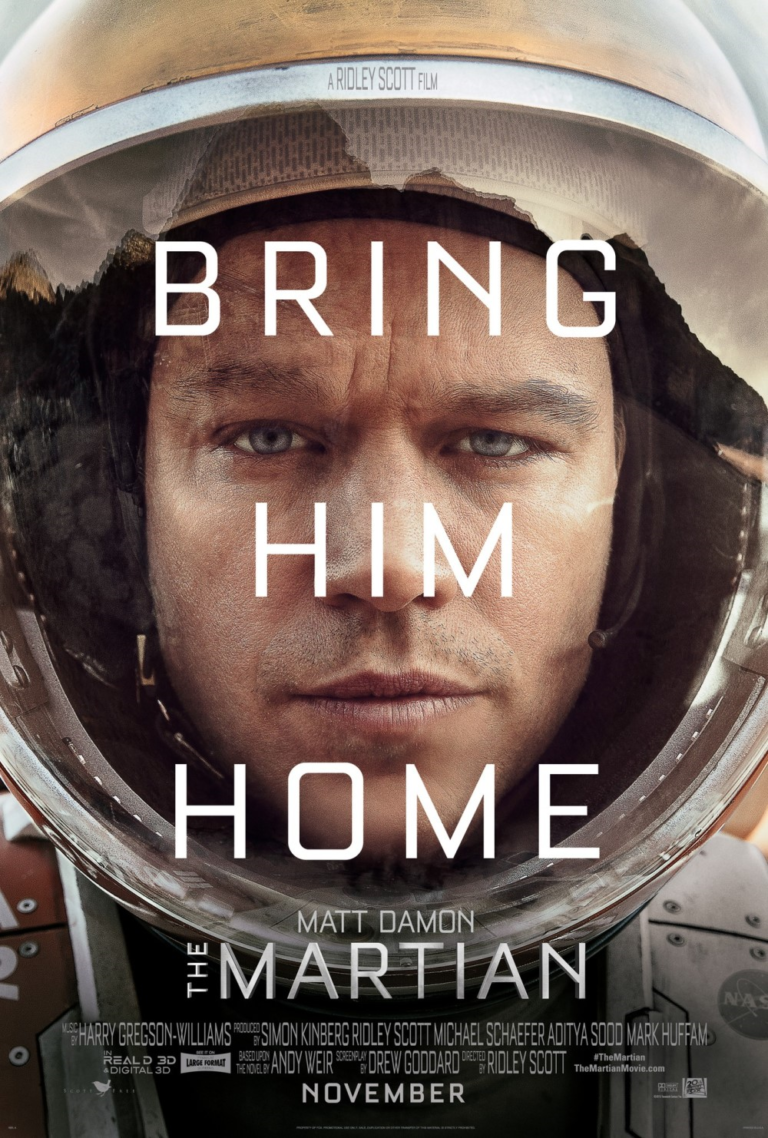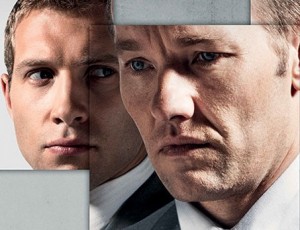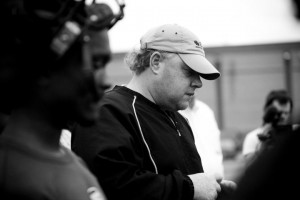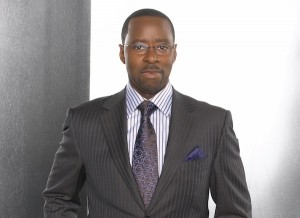Jai Courtney and Joel Edgerton are the stars of the new film “Felony”, which also co-stars Tom Wilkinson. Edgerton also wrote and produced the film. Jai is growing to be quite the superstar with films under his belt like “The Divergent Series” and the upcoming reboot “Terminator: Genisys”. Joel has been in great films like “The Hurt Locker” and can be seen next in “Exodus: Gods and Kings” alongside Christian Bale. Media Mikes had a chance to chat with Jai and Joel about their new film “Felony” and their experience on it.
Mike Gencarelli: Joel, you not only star but also wrote and produced “Felony”; tell us about how you became involved with this film?
Joel Edgerton: I started writing this film back in 2007 or 2008. It was based on a short story that I did about this character knocks this kid off his bike while driving drunk and then lies about it. Very quickly I became fascinated with not just him as a character but the characters that Jai (Courtney) and Tom (Wilkinson) ended up playing in the movie. It became about this event and how it would end up effecting a various people’s lives and also how everybody involved in the story has very different opinions about the cleanup, aftermath and punishment needed for the crime. The movie is a thriller that also look into ethics at the same time, so hopefully it is very entertaining. I have written a lot of stuff and when I write something that I really know in my bones is good I become very passionate about it and I will try everything to try and make it work. Next was gathering a really great team. We got Matthew Saville, who is a really great director, his movie “Noise” is one that I really love. Then together him and I found the right producing partner Rose (Blight), who then became the real engine that pushed us into getting this made. Then it became it about finding the right leads to be in the movie and we were blessed in the fact that we got Jai, who is perfect for the character and really blessed that Tom came to play with us as well.
MG: Jai, how did you come on board and what drew you to the project?
Jai Courtney: Really it was just the script. I have been an admirer of Joel’s for some time. We didn’t know each out prior to this film. When I read the script, I did notice his name on the front page and it did definitely intrigue me but I think if that script was written by anyone else, I would have been equally as hungry to do it. It is very well done. Joel reaches out and engages the audience and asks them what they would do in terms of what is going on in the film. My character sees things very clear, defined and very black and white. He believes in that if you mess up then you should suffer the consequences. I am a lot more unsure in person and I thought it was really new territory for me. You couple that with getting the ability to go home (to Australia) to make a movie there. But it is really a universally themed narrative, so it was just a bonus for me and just felt like such a good fit. So I went ahead and auditioned for it and before we knew it we were crackalacking [laughs].
MG: What was it like to work side by side with the great Tom Wilkinson?
JC: I had the pleasure of playing his partner. He is a funny old guy and has been doing this forever. I have an enormous amount of respect for what he is capable of as an actor. Look, it was just a buzz for me. It was great to be able to work with someone that experienced yet he was still so hard working. I would ask Tom what he would be up to on the weekend and he would look at me confused and he would say “Well, I will be working on my lines. I’ve got all these lines to say”. I was just like “Wow”, it has never changed for him. He still works so hard and does an amazing job.
JE: I was amazed firstly that he just jumped on board. To have the person you wanted to play the character say “Yes” was great. I wrote him literally these speeches that would go on for pages. I had this long scene with him on the dock and he turned up fully prepared to shoot the scene. He could have even probably shot during the rehearsal. He doesn’t play the card of learning the lines on the set, like a lot of actors do. Even I was terrified writing it, to be honest, but he just came super prepared and super thoughtful of what his character what doing and it made the film so much more interesting. His character is spewing some of the most difficult points of view on justice and he has such conviction as an actor that you kind of fall into his point of view. You want to believe him.
MG: Joel, how did you prepare for such an emotional role being a family man at home, take a bullet and yet living with this lie?
JE: The tricky thing was that I realized very early on that my character is one of the most inactive characters in the film. We did work hard that he wasn’t just a series of long faces but to show that there is a lot of turmoil going on. Jai’s character is working towards something and trying to fix this problem and Tom’s character is working to fix it in terms of covering it up. I think the biggest challenge for me is that I am not only speaking lines that I have been writing for years and trying to sell them like I would in any other movie but I wanted to make sure that there enough complexity to the guilt. You are asking an audience to empathize with someone that has done a terrible thing and still go on that journey with him. Matthew, the director, and I were having a moment by moment discussion of how we can keep the audience with my character yet still allow them to also not be on his side.
MG: Jai, how did you perfect that “I know you did it” stare that you gave to Joel throughout the film?
JC: I worked on that stare for months [laughs]. I used to joke with Matthew because it did feel like that was all I did just starring at Joel with that “I know you did it” face.
MG: Jai, going from films like “Divergent” to this; was a good chance of pace?
JC: Definitely man. It was wonderful being able to shake things up with a film like this. He is a quiet character but internalizes more than some of the other roles that I have had the fortune of playing. It is fun to get to do the big blockbuster films as well but as an audience member, I respond to this kind of cinema a little more. It is more in line with the kind of film that intrigues me and gets me putting my feet up. It was very refreshing. I was just very lucky to be a part of it. To be honest, it was probably one of the most fulfilling personal experiences that I have had. No frills but no bullshit either. It shows you don’t always need a big budget to have a lot of fun.
MG: Joel, next up you got “Exodus: Gods and Kings”; which is quite a different type film than this one.
JE: A little bit [laughs]. Yeah, that was an incredible experience. That is the beauty of the jobs that I get, one minute you are back doing telly in Australia and writing and then next I was in some building in Spain wearing a gold skirt. So you get to have like 3-4 month excursions into different worlds with a bunch of great professional people. It is a real blessing. I wouldn’t want to do just the one thing. It is nice to be able to jump around in the different worlds. The big budget films are exciting but there is really something that gets your adrenaline going with these smaller movies as well.
MG: Jai, what can you spill for us about “Terminator: Genisys”?
JC: They are very tight lipped about it, so I can reveal much but I am really excited about it. I am really happy that I got to have the experience. I am a fan of the franchise also, so it was really cool to get to play that role. I am really excited with the direction that we are taking the franchise as well.




